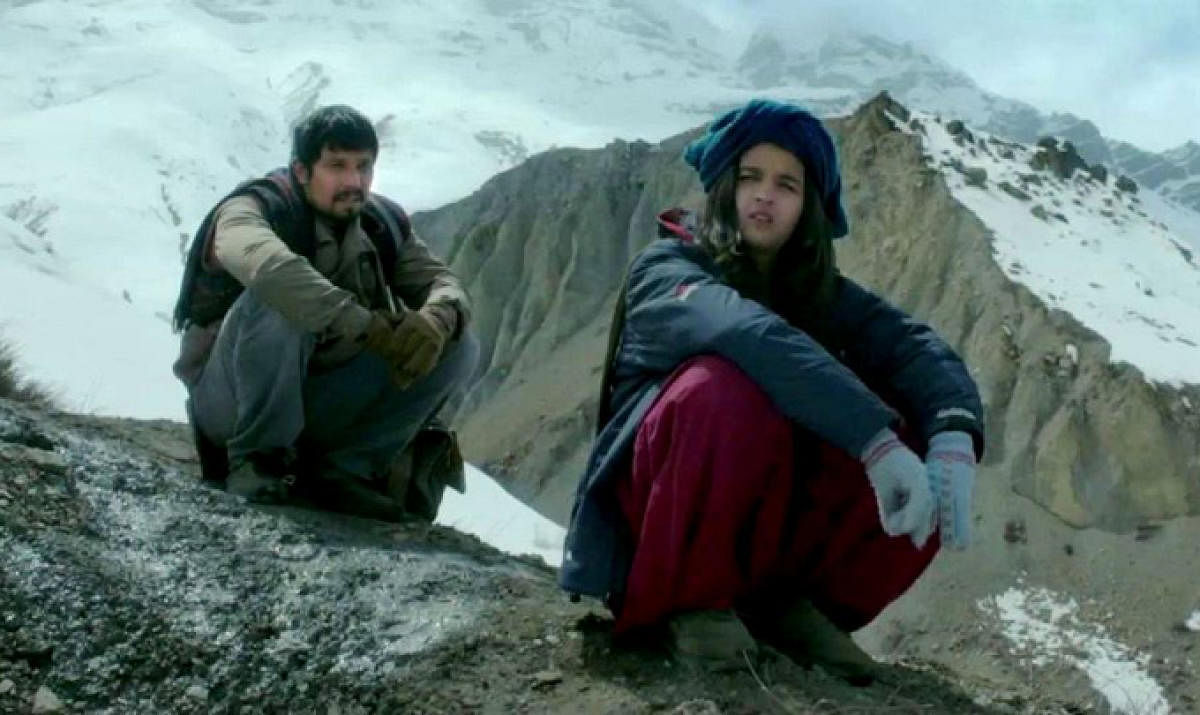
Renuka Shahane’s Netflix original film ‘Tribhanga – Tedhi Medhi Crazy’ explores the strained relationship between a mother and her daughter. The protagonist of the story Anuradha (Kajol) is forced to reconcile with her past demons when her mother Nayantara (Tanvi Azmi) abruptly slips into a coma. In contrast, Anuradha’s character reflects a seemingly perfect idea of motherhood. The film is also a subtle commentary on how society perceives independent, liberated women.
Child neglect and abuse in dysfunctional families are subjects of broad and current interest and are being represented in mainstream cinema a lot nowadays. “It is important to spread awareness about childhood trauma and films are one of the best mediums to reach out to people on a mass scale,” says Dr Vijendra Nath Pathak, an assistant professor of psychology, and a research associate fellow at the Defence Institute of Psychological Research – DRDO, New Delhi. “Strained relationships between children and parents are not openly discussed, causing cognitive and physiological changes in children. That makes it a rising issue in today’s times as such children experience social insecurity, inferiority complex, and have poor resilience in-general,” he adds.
Cognitive and physiological changes during childhood affect the family structure and social structures as a troubled children find it difficult to establish relationships with people, lack empathy, and remain cynical about social institutions like family and marriage, like depicted in Renuka Shahane’s film.
Metrolife curated five such films which address and review childhood trauma
Highway (2014)
Imtiaz Ali’s film talks about the Stockholm syndrome, and child abuse. Veera (Alia Bhatt) is abducted from a gas station off a highway. In order to not get traced the abductors move her to various locations across North India. Over the course of days, Veera develops a connection with her abductor Mahabir (Randeep Hooda). Veera was molested as a kid, and the Stockholm syndrome is triggered by this childhood incident that scarred her for life.
Monsoon Wedding (2001)
Mira Nair’s BAFTA-winning film is about a father trying to marry off his daughter. There is a major subplot in the film portraying the taboo topic of incestuous abuse wound that Ria (Shefali Shah) goes through. The crisis finds resolution within the four walls of the family home, and the relationship of the victim with the family is dealt with in a mature manner.
Taare Zameen Par (2007)
Aamir Khan’s film addresses dyslexia, a learning disorder which causes difficulty to relate to language. A kid struggles to find his way through the disorder with the help of a teacher who also has dyslexia. The film is a commentary on Indian parenting and child-parent relationship.
That Girl in Yellow Boots (2010)
Anurag Kashyap’s thriller is about a British-Indian girl who is in search of her estranged father in the city of Mumbai. The crux of the film can be linked to the psychological aspect of separation anxiety due to an absent parent figure. Ruth’s (Kalki Koechlin) quest to locate her father comes to a shocking end for which nothing could prepare her.
Udaan (2010)
Vikramaditya Motwane’s film portrays the relationship between an alcoholic, abusive father with his son. A closeted writer, Rohan (Rajat Barmecha) is expelled from one of the best boarding schools and is pushed into an engineering school after he gets caught indulging in substance abuse and bunking classes. Rohan’s father humiliates him physically and verbally and burns his diary of poems. Rohan’s uncle comes to his rescue and liberates him from the clutch of his father, gifting him a new life in the city of Mumbai.